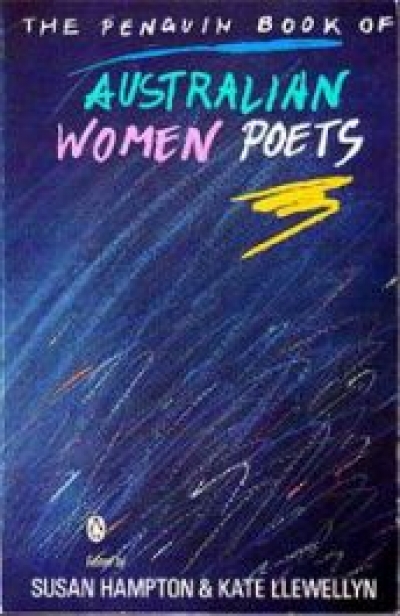Archive
The Age Good Food Guide: 7th edition by Claude Forell and Rita Erlich
Dear Editor,
That twice but incompletely published review of mine of recent architectural books continues to cause trouble for all concerned. Noting the letter (ABR, August) from the Townsville City Council, I’m delighted to learn of their concern for the preservation of old buildings, and fully understand their distress at being misrepresented by me. As they have magnanimously conceded, I was merely working with ‘facts’ found in the books under review. I therefore gladly volunteer my apologies to the Townsville City Council.
... (read more)Malcolm Fraser On Australia edited by D.M. White and D.A. Kemp
Twentieth Century Australian Poetry edited by Yasuko Claremont
Dear Editor,
I was surprised, on reading the August Issue of ABR, to find no comment or tribute to the former editor, John McLaren. I understand too well the pressure of deadlines and have no doubt that ABR will, at some future date, provide a fitting tribute to its former editor.
In the meantime, I would be grateful if you would publish my own small and inadequate tribute.
... (read more)






